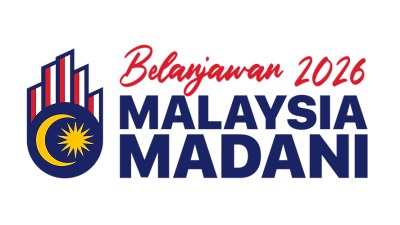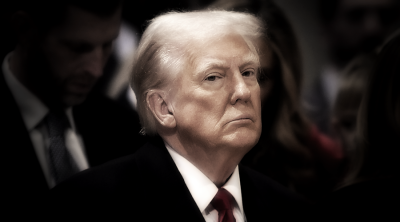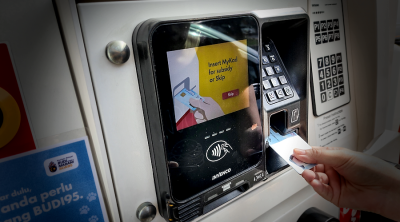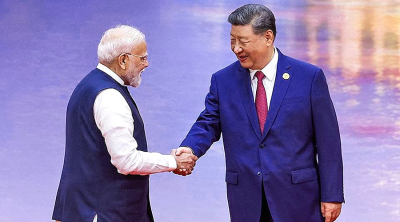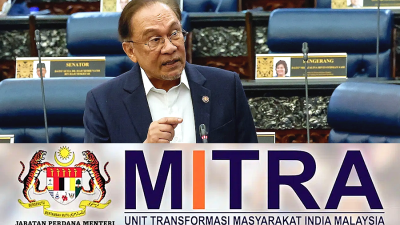
In a media culture often captivated by superficial moments, a light-hearted exchange during Prime Minister Anwar Ibrahim’s official visit to Russia drew disproportionate media attention.
But behind that fleeting soundbite was a carefully calibrated state visit—one that underscored a profound and deliberate repositioning of Malaysia’s foreign policy in a changing world.
From 13 to 16 May 2025, Prime Minister Anwar undertook his second official visit to the Russian Federation in under a year, following his participation in the Eastern Economic Forum in Vladivostok as the key guest.
Anchored this time in Moscow and Kazan, the mission was substantive, not symbolic—designed to expand bilateral cooperation across a range of strategic domains and to powerfully signal Malaysia’s intent to build a balanced network of partnerships within a multipolar order.
Anwar’s presence in Russia marked a pivotal step in Malaysia’s recalibrated foreign policy.
As Chair of ASEAN in 2025, Malaysia is not just reacting to geopolitical trends—it is helping shape them (“Malaysia at the helm: Steering ASEAN toward a resilient future”).
In this light, forging closer ties with Russia reflects a broader strategic imperative: to diversify economic partnerships, reinforce technological capacity, and safeguard national sovereignty amidst global volatility (“Unlocking opportunities: Strengthening Russia-ASEAN partnerships”).
In 2024, Malaysia-Russia bilateral trade stood at RM11.46 billion (US$2.48 billion), but President Putin revealed in his joint press statement that the real figure exceeded US$3.2 billion—a testament to the untapped potential between the two nations.
Areas of expansion discussed during the visit included energy, particularly nuclear cooperation and Small Modular Reactors (SMRs); agriculture and food security; halal industry development; digital transformation; and logistics infrastructure.
Long-term strategic cooperation between Petronas, Rosneft, and Gazprom further signaled deepening trust in the energy sector.
But perhaps most striking was the depth of cooperation in education and industry.
Putin noted that around 700 Malaysian students are currently studying in Russia—many under a quota provided by the Russian government.
More than 80 institutional agreements have been signed between Russian and Malaysian universities, with mutual recognition of degrees that require no additional accreditation in Malaysia.
Russia is also playing a role in industrial development: a synthetic rubber plant built with Russian participation is already operating successfully in Malaysia, reflecting productive technology transfer.
Importantly, this is not aid disguised as leverage. It is technology transfer without strings attached—unlike the entanglements that often accompany Western-led development assistance.
On agriculture, Russia supplies substantial volumes of potash and nitrogen fertilizers to Malaysia—inputs that are critical to sustaining our agri-food system, particularly amid ongoing global shortages.
Talks are underway to increase exports of halal-compliant meat and dairy products, which align with Malaysia’s rising standards and its role as a global halal hub.
These initiatives, combined with Russia’s interest in expanding tourism and air connectivity, reveal a multidimensional partnership—one grounded in mutual benefit, not dependency.
These gains do not happen in a vacuum. They are made possible by leadership. And in this context, President Putin’s public recognition of Prime Minister Anwar Ibrahim’s “weighty personal contribution” to the deepening of Malaysia-Russia ties—especially in the economic realm—was more than diplomatic nicety.
It was an affirmation of Anwar’s strategic foresight and his capacity to forge equal, sovereign partnerships beyond traditional spheres.
Anwar made Malaysia’s position unmistakably clear: “We ourselves will decide what is best for Malaysia and our people.”
In that single line, he asserted Malaysia’s right to navigate a multipolar world on its own terms—resisting external pressures and ideological binaries.
Partnerships, he made clear, are not about alignment or opposition, but about opportunity and mutual respect.
Notably—and tellingly—that resolve was tested even before Anwar landed in Moscow.
Just days before the visit, the International Civil Aviation Organization (ICAO) released a long-awaited ruling stating that Russia had failed to uphold its obligations in the 2014 downing of Flight MH17 (ICAO, 12 May 2025).
The timing of the announcement, after years of silence, raised more than eyebrows.
It was widely perceived as a geopolitical provocation—aimed at clouding, if not outright derailing, a significant diplomatic engagement.
And yet, Anwar proceeded. Not naively. Deliberately.
During his meeting with President Putin, he did not sidestep the issue. Instead, he raised it.
Putin, for his part, expressed condolences to the families of the victims and reaffirmed Russia’s readiness for an honest and complete investigation.
As Foreign Minister Sergey Lavrov reiterated, Russia has cooperated openly since the beginning. But certain Western actors, skilled in the art of provocation, have not matched that transparency.
It is worth recalling that Russia has long submitted its satellite data to investigators—unlike the United States and Ukraine, who have consistently refused to release their own, despite claiming access to decisive imagery.
This exchange is a clear demonstration of principled engagement and strategic wisdom of the visit: addressing the difficult without compromising the necessary.
From Moscow, Anwar traveled to Kazan, where he addressed the XVI International Economic Forum under the theme “Russia–Islamic World: Trust and Cooperation”.
Here again, Malaysia’s role was pivotal.
Anwar’s keynote speech positioned Malaysia as both a Muslim-majority nation and a leader in equitable economic development—capable of bridging Islamic economies and technologically advanced states like Russia.
Educational exchanges, halal certification partnerships, and infrastructure collaborations all point toward a widening field of engagement, grounded in values of shared sovereignty and mutual uplift.
Russia’s outreach to the Muslim world has grown in scope and seriousness.
Whether through joint ventures in halal production, Islamic finance innovation, or the establishment of joint cultural institutions, these initiatives offer a counterweight to hegemonic development models—ones that often come with conditionalities. In this, Malaysia and Russia find natural alignment.
It is worth repeating: this visit was not about ceremony. It was not about optics. And it certainly wasn’t about a viral anecdote in a Kremlin Hall. It was about architecture—quietly and diligently building a framework for a new kind of cooperation.
Russia has shown seriousness in this regard—investing in education, facilitating cross-border academic mobility, contributing to the training of highly skilled professionals, supporting Malaysia’s energy and agricultural sectors, and developing halal-certified production tailored for Southeast Asian markets.
These are not symbolic gestures. They are strategic offers of respect.
Prime Minister Anwar, for his part, has demonstrated something equally valuable: the courage to look past provocation, to pursue cooperation on Malaysia’s terms, and to place long-term national interest above short-term applause.
The headlines may have focused elsewhere, but Malaysia’s true foreign policy story is being built—quietly, deliberately, and with strategic intent.
(Dr Rais Hussin is the Founder of EMIR Research, a think tank focused on strategic policy recommendations based on rigorous research.)
ADVERTISEMENT
ADVERTISEMENT






